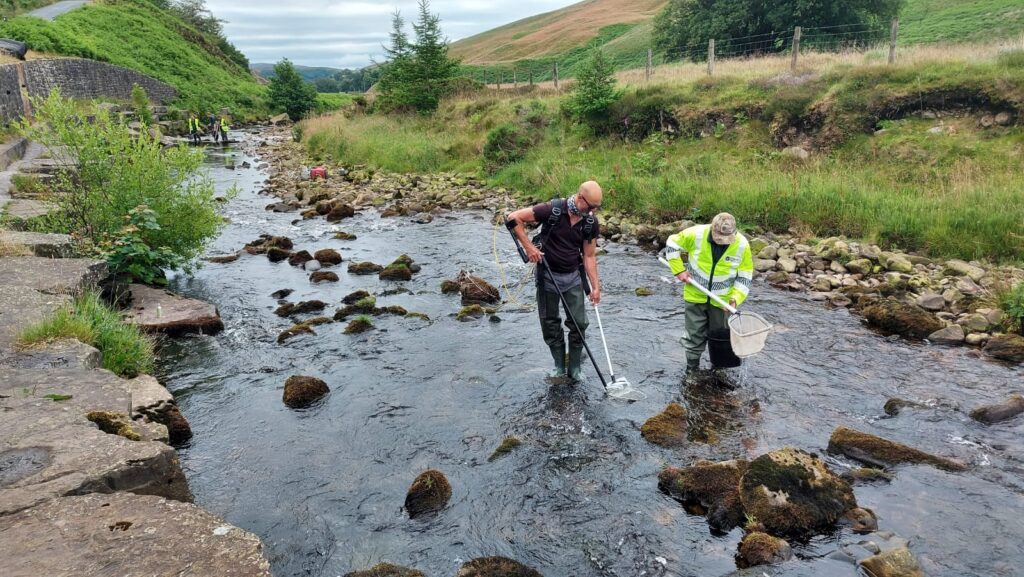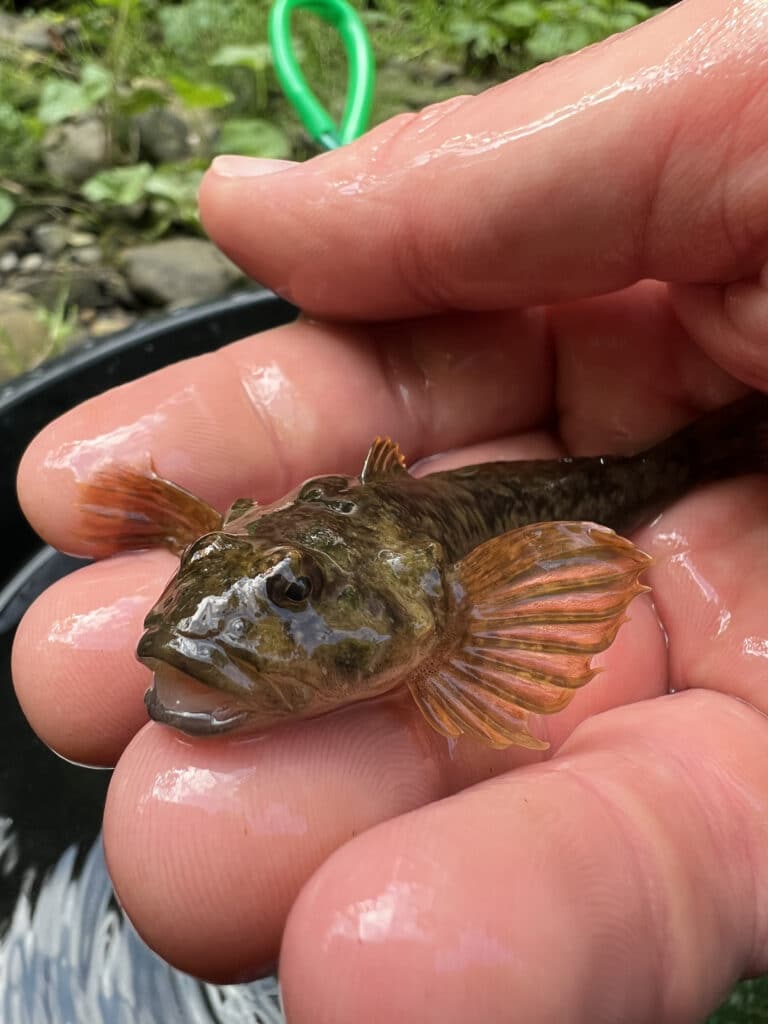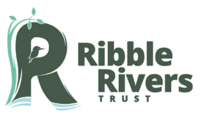
fisheries reports and project reports
The Ribble Rivers Trust publisher numerous fisheries reports and delivered a significant number of projects across the catchment. Each project varies in size and nature. For our larger projects we aim to produce an end of project evaluation that reports back on the achievements and outcomes of the project. Below are the fisheries reports and evaluation and project reports produced thus far.
(Please note that the size of these documents varies. Some are quite large and may take some time to fully download!)
Fisheries reports

Our annual fisheries reports are the result of months of hard work. Each year our dedicated team of fisheries scientists embark on an epic three-month long electrofishing project. Surveying over three hundred sites across the Ribble catchment, they are responsible collecting a huge amount of data. The data we collect helps us to monitor fish numbers and in turn helps us to monitor the success of the schemes that the Trust has undertaken.
Ribble Rivers Trust have one of the largest databases of this kind in England as our data goes so far back it shows patterns over time. As a result, we’re seeing a clear relationship between extreme winter floods (when fish eggs are vulnerable to wash out) and low numbers of young fish in subsequent years. This shows that it is likely that declining fish numbers are, at least in part, caused by extreme weather events. Given that climate change increases the frequency of these events we know that in order to protect our fish populations we need to reduce the impact of these floods and try and decrease their regularity.
Download our fisheries reports here
2022 Fisheries Monitoring Report
2021 Fisheries Monitoring Report
2020 Fisheries Monitoring Report
2019 Fisheries Monitoring Report
2018 Fisheries Monitoring Report
2017 Fisheries Monitoring Report

project reports
BRILLIaNCE Summative Assessment
Ribble Life Together Monitoring and Evaluation Interim Report
Colne Water Restoration Project Report
Diffusing the Issue in Rural Ribble Report
Limestone Ribble Restoration Report
Urban River Enhancement Scheme (URES) Evaluation
Ribble Life Together project evaluation report 2022
Pennine Lancashire Treescapes (PLanT) end of project report 2023

